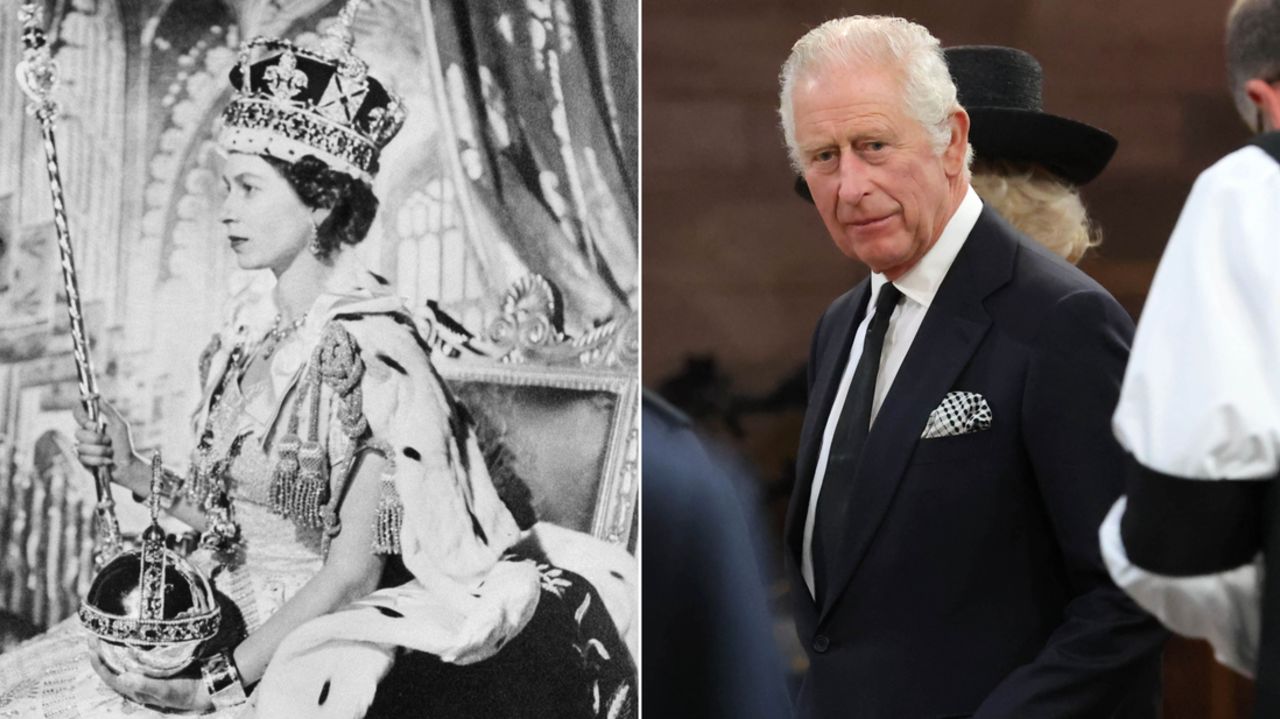In a year marked by significant challenges for the British monarchy, concerns surrounding King Charles III’s health have resurfaced, casting a shadow over his tenure.
At 76 years old, the king is reportedly undergoing treatment for cancer, an ordeal that has intensified scrutiny on his reign and highlighted personal and familial struggles that threaten to define his legacy.
The poignant words of King Charles, shared in Prince Harry‘s memoir “Spare,” continue to resonate deeply: “Please, boys, don’t make my final years a misery.”
This heartfelt plea to his sons, Prince William and Prince Harry, reveals a vulnerable side of the monarch, urging them to reconcile their differences.
What once seemed like a passing moment of family tension now carries a heavier significance, especially in light of the king’s ongoing health battles.
While King Charles has shown remarkable resilience—successfully completing a tour of Australia and Samoa earlier this year—his weekly treatment schedule has become an integral part of his life.
Insiders indicate that he is managing well, yet the reality of his illness looms large over Buckingham Palace, complicating his royal duties and expectations.
Tensions within the royal family add another layer of complexity to the king’s situation.
The rift between Charles and Prince Harry, which began when the Sussexes stepped back from royal duties in 2020, appears to stem from deeper issues.
Sources suggest that the relationship is strained, and while the king hopes for reconciliation, Harry’s revelations and media presence keep the tensions simmering.
Since ascending the throne after Queen Elizabeth II’s passing in September 2022, Charles has faced a turbulent period for the monarchy.
Public opinion has grown increasingly polarized, with polls revealing that over a third of Britons are dissatisfied with the royal institution.
His coronation in May 2023, intended to bolster the monarchy’s relevance, instead fell flat for many critics, who deemed it a failure amid rising costs and economic concerns.
Despite efforts to modernize the coronation ceremony in response to the cost-of-living crisis, the event showcased a stark contrast between the royal family’s grandeur and the public’s growing indifference.
While the coronation weekend provided a temporary boost to the UK economy and tourism, the underlying issues plaguing the monarchy remain unresolved.
Anti-monarchy groups like Republic have seized on shifting public sentiment, questioning the royal family’s role in contemporary Britain.
As King Charles attempts to balance tradition with modern expectations, his health struggles add a deeply human element to these challenges.
Navigating both personal battles and institutional pressures will be crucial for the king as he seeks to redefine the monarchy’s future.
As the monarchy grapples with an uncertain path ahead, the dynamics of King Charles’s health and family relationships are likely to dominate public and media discourse.
His ability to endure these trials—both as a leader and a father—will significantly influence his legacy and the monarchy’s trajectory for years to come.
In a world that is rapidly changing, King Charles III stands as a symbol of perseverance.
Yet, as he faces these profound challenges, one question lingers: can the monarchy evolve swiftly enough to maintain its relevance in the hearts and minds of the British public?










